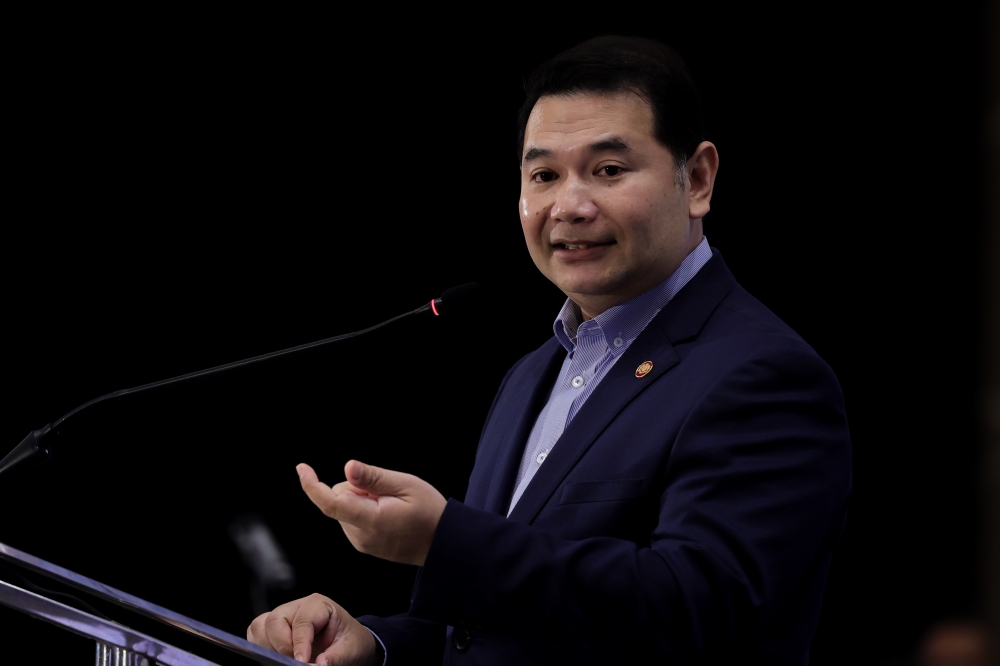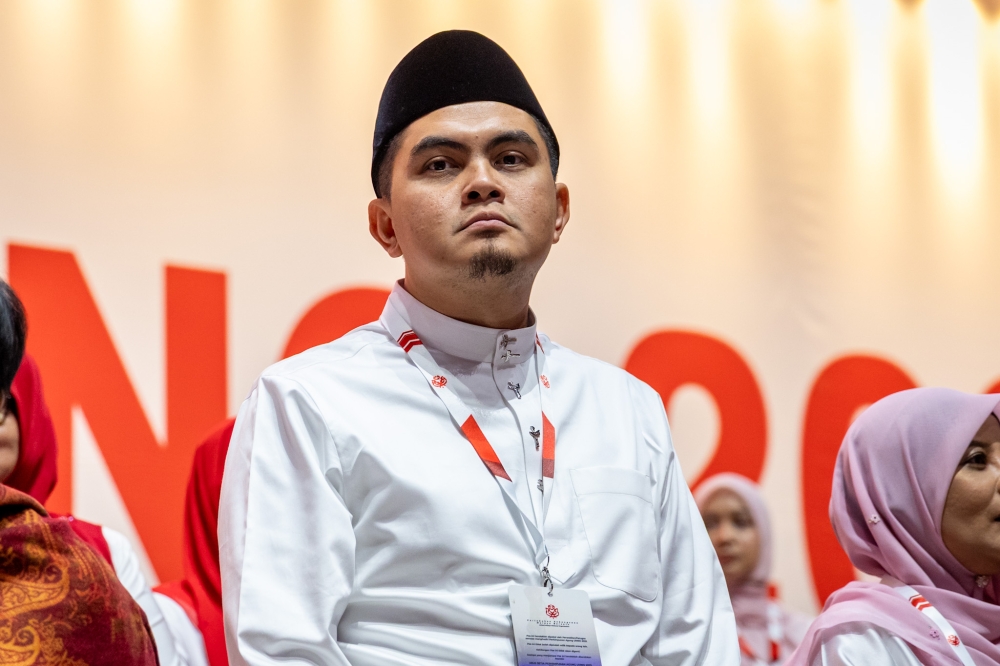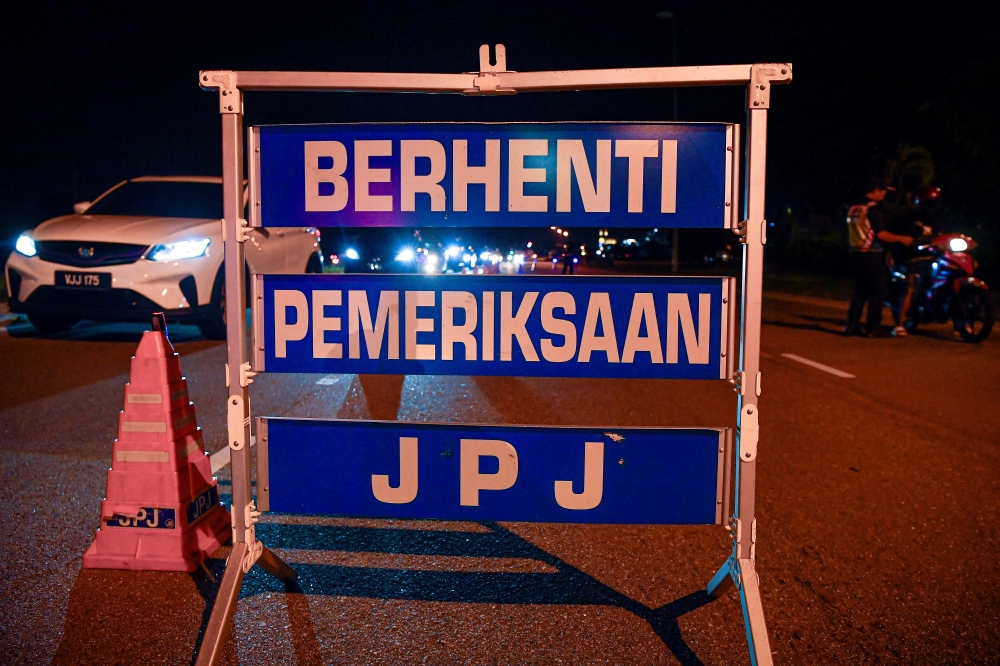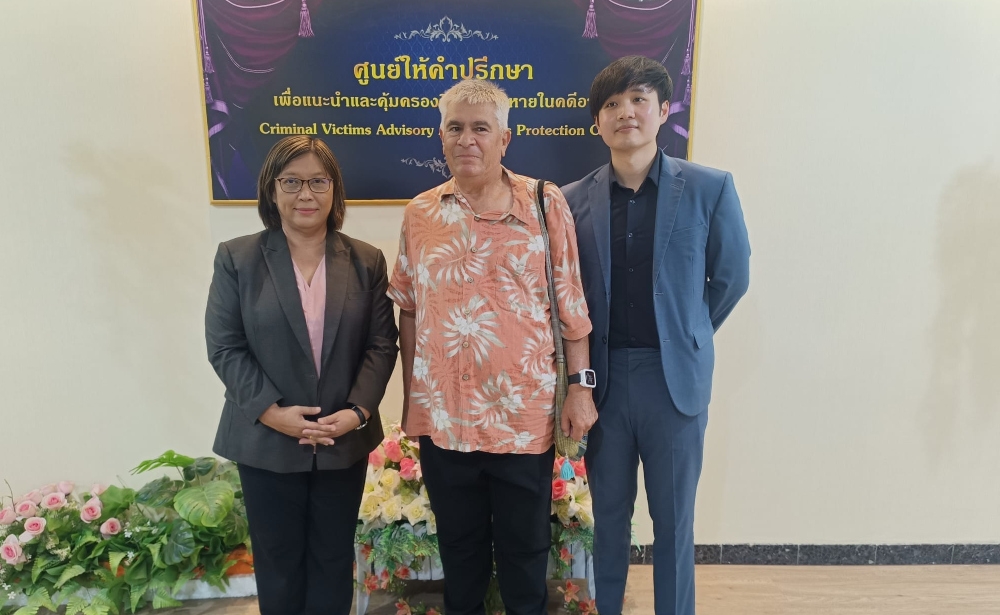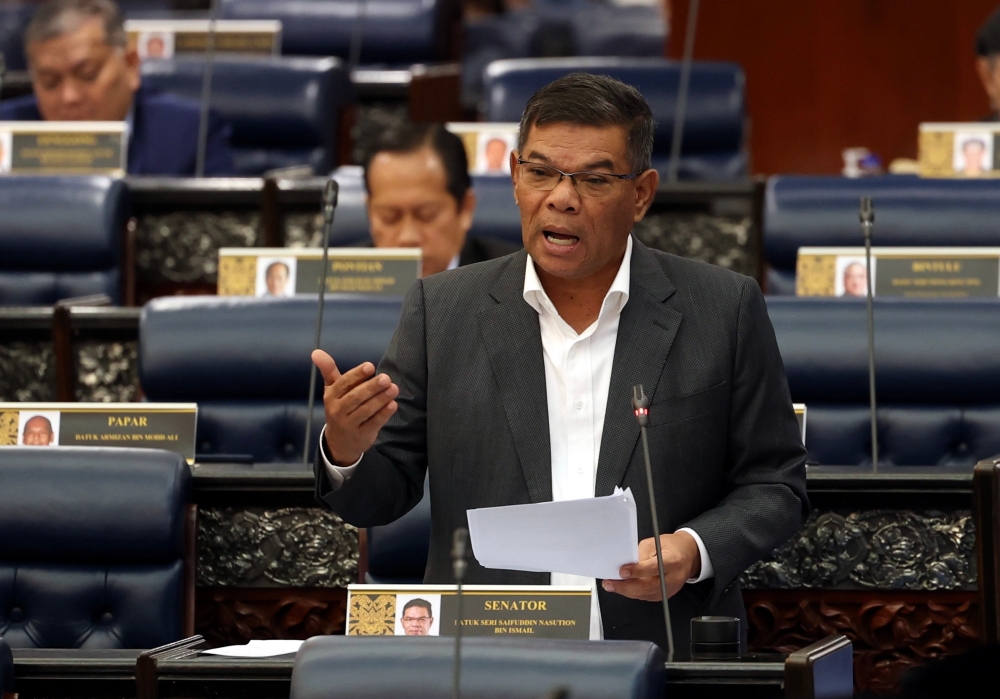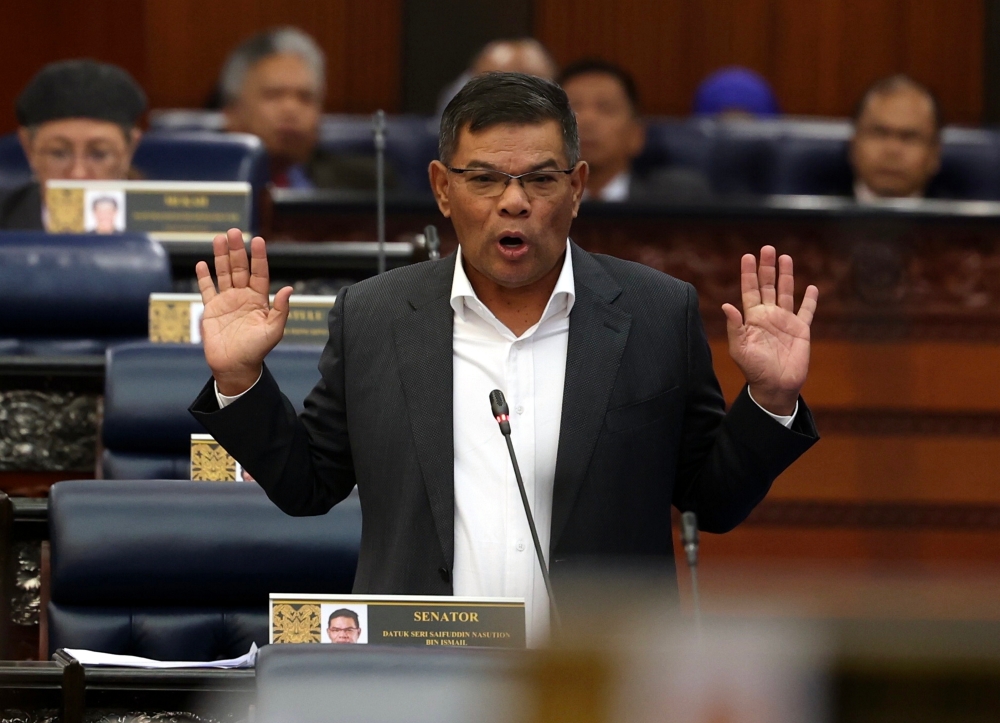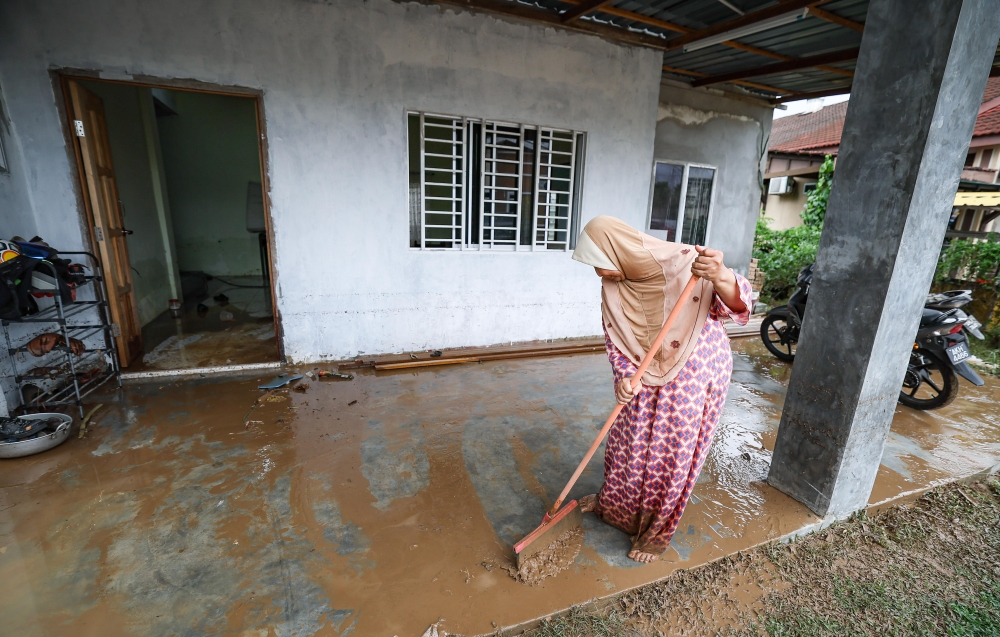KUALA LUMPUR, Oct 23 — Flunking the Bahasa Malaysia proficiency test is among the reasons why citizenship applications by elderly foreigners are rejected.
Home Minister Datuk Seri Saifuddin Nasution Ismail said a decent grasp of the national language is one of the ministry’s main considerations when granting citizenship applications, as this followed a similar criterion employed by other countries.
“One is the failing mark, and the passing mark is eight. That is the evaluation mark.
“Right now, those who scored a two, I sometimes pass them too. Two meaning when you say ‘terima kasih’, they can reply ‘sama-sama’, or when asked ‘apa khabar’, they can respond with ‘khabar baik’.
“We lowered the benchmark to that level. There are seniors who are too fluent in a foreign language to the point that they cannot speak at all (the national language), that is among the obstacles that we face, and even then, we try to help,” Saifuddin told Parliament during Question Time today.
He was responding to a question by Barisan Nasional’s Tanjung Piai MP Datuk Seri Wee Jeck Seng who asked the minister why the approval process for some citizenship applications was taking so long.
Wee said he had asked about the applications two parliamentary terms ago, yet there had been no update on their status since.
“I appeal to the ministry: what’s wrong with approving applications for seniors who wish to obtain citizenship?” he said.
Saifuddin had then asked Wee to refer the cases to him so that he can review the applications in question.
Meanwhile, Saifuddin said, to date, 10,381 applications were approved in the last 10 months, the bulk of which involved adopted or illegitimate children.
He said the ministry had prioritised such cases as without citizenship, these children would not be eligible for free healthcare.
At the same time, he refuted claims made by Gabungan Rakyat Sabah’s Tawau MP Lo Su Fui who said that one million residents in Sabah had yet to receive their legal documents, and therefore, were unable to seek employment or education.
“The number — one million — in Sabah, I have not seen any document that shows this number, for as long as I have been in the ministry.
“If you know of any, let me know. Let’s find a resolution to these cases,” Saifuddin said, adding that if the affected applicants have fulfilled all criteria, yet have not been approved, their cases may be referred to the minister directly.


